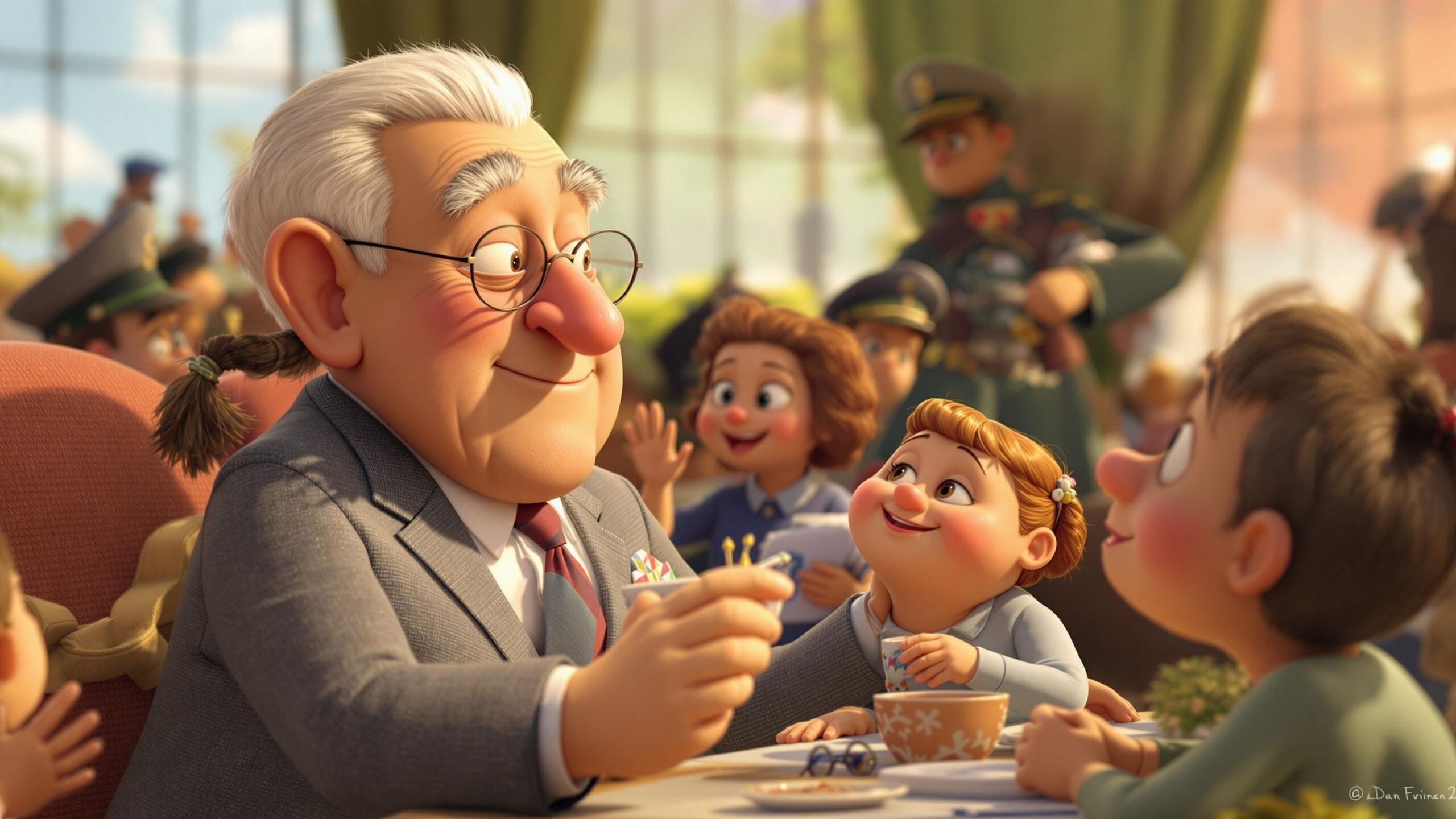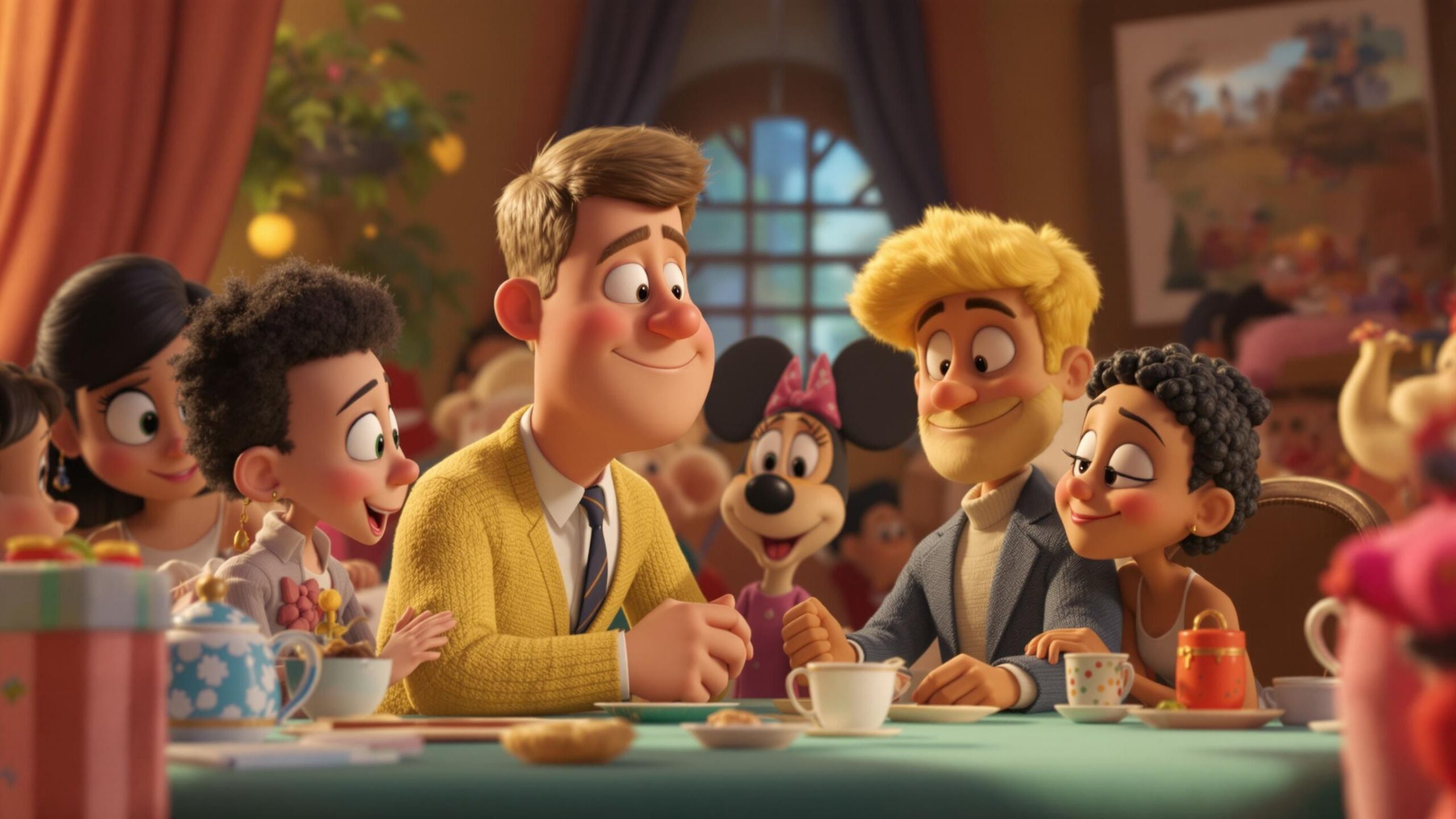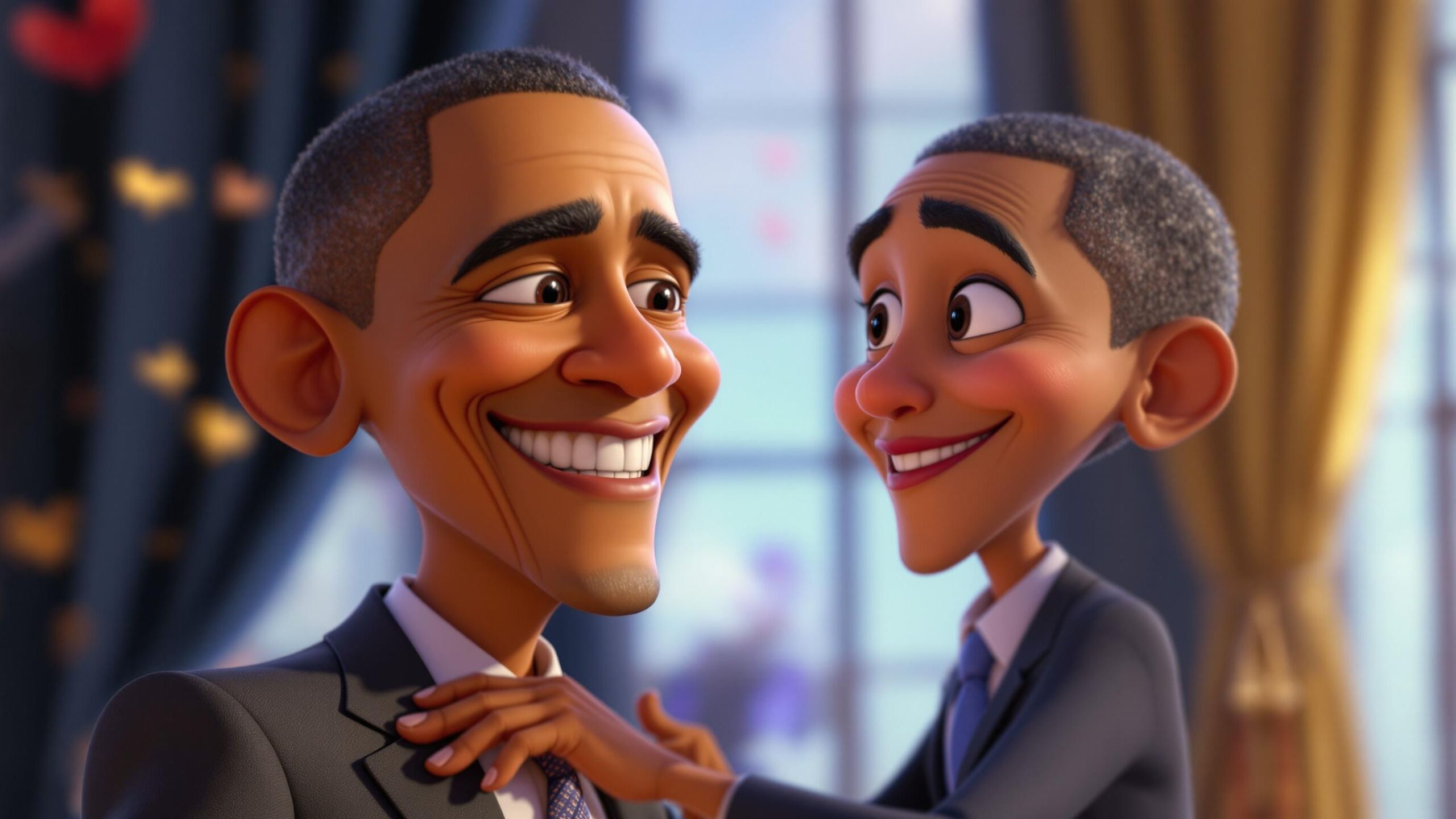From Kansas Roots to Global Command
Before Dwight D. Eisenhower became the 34th President of the United States, he was a boy from Abilene, Kansas, with a wild streak and an iron will. He played sports, cracked jokes, and was known more for wrestling than wisdom. But under that charming grin was a razor-sharp mind and an unshakable sense of duty. Born in 1890 to a humble family, Eisenhower’s beginnings were modest, but his destiny was anything but.
As a young man, he won an appointment to West Point—not out of privilege, but perseverance. And once there, he didn’t shine at the top of his class academically, but he was marked for something bigger: leadership. It wouldn’t be long before Ike, as the world would come to know him, would stand at the helm of the most ambitious military operation in history.
The Supreme Commander of Victory
World War II was a time when the world seemed to tip toward chaos. In that storm, Eisenhower emerged not as the loudest voice, but as the steadiest hand. Appointed Supreme Commander of Allied Forces in Europe, Ike was tasked with an almost impossible mission: unite bickering nations, commanding egos, and clashing cultures into one cohesive fighting force—and win a war.
He did it not with brute force or bombast, but with diplomacy, logic, patience, and unbreakable purpose. He coordinated Operation Overlord, the daring D-Day invasion that stormed the beaches of Normandy and turned the tide of the war. It was a gamble, a risk of epic proportions—and it worked.
But Eisenhower’s genius wasn’t just in the strategy . It was in the psychology. He inspired trust. He led from humility. And in one of his most powerful leadership acts, he wrote a note accepting full blame for D-Day’s potential failure—before the attack even began. That’s not just leadership. That’s legacy.
From Battlefield to Ballot Box
After the war, Eisenhower returned to the U.S. not just as a general, but as a symbol. Americans saw in him the steady father figure they craved after years of global trauma. He had no prior political experience, but when both parties tried to recruit him to run for president, he finally chose the Republicans and threw his helmet into the ring in 1952.
The campaign was electrifying. “I Like Ike” became the most iconic political slogan of the era—simple, catchy, and true. Americans liked Ike because they trusted him. Not just to lead, but to listen. Not just to govern, but to protect.
He wasn’t flashy. He didn’t rant. He didn’t seek the limelight. But when the votes were counted, he won in a landslide. The war hero had become Commander-in-Chief of a different battlefield—one with debates instead of rifles, but just as much at stake.
Peace Through Strength—and Strategy
As president, Eisenhower faced the boiling pot of the Cold War. The nuclear age had arrived. The Soviet Union was flexing. The United States was unsure. But Ike, with battlefield wisdom and presidential poise, charted a course of cool, calculated strength.
He expanded the policy of containment, emphasizing deterrence over direct confrontation. His “New Look” defense strategy focused on air power and nuclear capability, balancing military readiness with fiscal responsibility. He kept America strong without bankrupting its future.
He ended the Korean War. He resisted pressures to escalate in Vietnam. And perhaps most heroically, he warned against the growing “military-industrial complex” in his farewell address—an insight so prescient, it echoes in modern debates to this day.
This wasn’t a warrior drunk on war. This was a soldier who knew the price of combat—and believed in peace as the ultimate victory.
Civil Rights in a Changing Nation
The 1950s were more than a Cold War chess match—they were a time of internal reckoning. The struggle for civil rights was emerging from the shadows, and Eisenhower—though cautious—did not shy away.
When nine Black students were denied entry to Central High School in Little Rock, Arkansas, Eisenhower acted. He sent federal troops to enforce desegregation and uphold the Supreme Court’s decision in Brown v. Board of Education. It wasn’t a flashy move, and Ike wasn’t one for grand speeches on social justice, but his actions spoke volumes.
He also signed the first civil rights legislation since Reconstruction, laying groundwork for future reforms. His approach was deliberate, measured, and respectful of law—and while not as radical as later leaders, Eisenhower made it clear: the presidency would not tolerate defiance of justice.
He didn’t just command armies—he commanded the moral weight of a changing America.
The Interstate Visionary
Eisenhower may have won a war and guided a world, but one of his most lasting legacies is one you drive on every day—the Interstate Highway System.
Inspired by Germany’s autobahns and motivated by national security and commerce, Eisenhower envisioned a system of connected, modern highways that could unify the country like never before. It was the largest public works project in American history, and it transformed the landscape, economy, and culture of the nation.
He built roads, but more importantly, he built bridges—between rural and urban, north and south, people and opportunity. His vision didn’t just move cars. It moved generations.
Cool Head, Warm Heart
Eisenhower’s style was the opposite of dramatic. He was no firebrand or populist. He preferred golf to grandstanding, modesty to media spectacle. But beneath that calm exterior beat a fierce dedication to duty.
He believed in delegation, teamwork, and listening to a wide range of opinions. His cabinet meetings were filled with rigorous debate, and he welcomed dissenting voices. He led like a general—carefully, methodically, and with clarity of command.
Yet he was also famously human. He had a booming laugh, a love of painting, and a sentimental heart. His letters to Mamie, his wife, were tender and frequent. His love for his grandchildren was obvious and heartfelt. He was a man of strength and softness, a balancing act few can master.
The Two-Term Titan
Eisenhower’s presidency ran from 1953 to 1961, and during that time, he kept the nation out of major war, guided economic prosperity, and navigated the perils of nuclear diplomacy. He faced McCarthyism with measured resistance. He championed science and technology—launching NASA in the space race’s earliest days. He governed not for headlines, but for harmony.
And when it was time to step down, he did so with grace, leaving the stage without scandal, ego, or drama. His farewell address is considered one of the most thoughtful of any president, not just for its warnings, but for its wisdom.
He didn’t crave credit. He sought results. And he left the country more secure, more connected, and more prepared for the challenges ahead.
Legacy of a Lifelong Leader
Dwight D. Eisenhower’s legacy is unique in American history. He wasn’t just a five-star general or a two-term president. He was both—a man who fought the greatest war of the 20th century and then governed one of its most complicated peace periods.
He embodied the idea that strength could be silent, that leadership could be humble, and that service was the highest form of patriotism. He reminded Americans that calm doesn’t mean weak—and that sometimes, the quietest leader is the most powerful.
He didn’t shout, but when he spoke, the world listened. He didn’t chase fame, but history found him anyway. And he didn’t need to brag—his actions did the talking.
Ike, the Balanced Legend
In an age when loudness is often mistaken for leadership, Dwight D. Eisenhower remains a powerful reminder that true strength lies in balance. He balanced war heroism with presidential wisdom. He balanced bold decisions with thoughtful caution. He balanced love of country with service to humanity.
He wore stars on his shoulder and responsibility in his heart. And whether storming Normandy or signing a highway bill, he led with a steadiness that moved mountains.
He was the soldier who brought peace. The general who governed. The Kansan who shaped the world.
He didn’t just make history—he made history feel safe. And for that, America didn’t just like Ike. It followed him.





